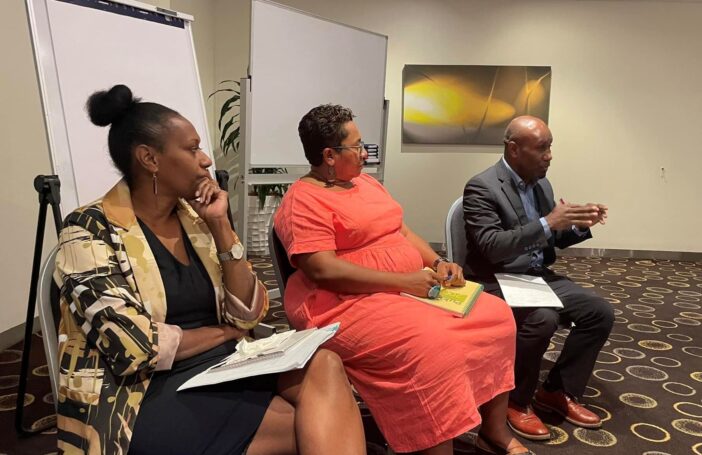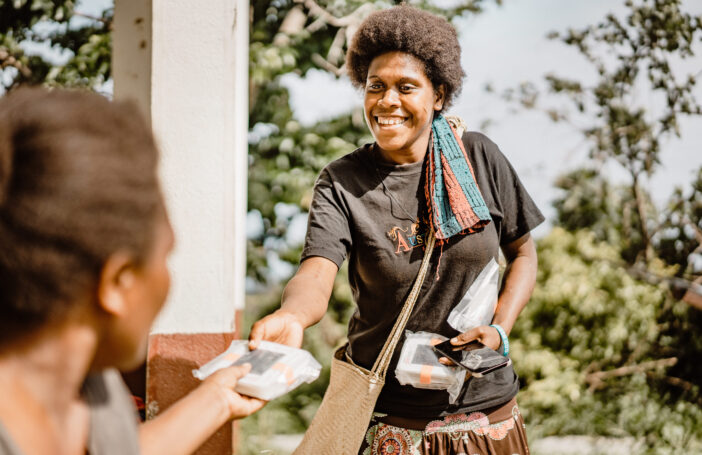Cloistered by inequality
Protected by accident of birth
Bestowed the gift of privilege
Blinded by arrogance
Believing we know better
We tally up our expertise across the globe
Dash from place to place
And rarely turn to witness the wake.
The justifications come too easily
Believing our own rhetoric, so willingly
Taking offence, too readily
We convince ourselves the system cannot change
The critics are nasty or deranged,
Count the benefits
And tell ourselves that they count, for something.
So we tinker at the edges
Get the best deal we can
Convince ourselves of usefulness.
We are applauded for small gains
As we catch a crumb from the table of large donors
And deliver it so proudly
To those we call our partners.
No matter that the powerful
Set the rules and break them.
The policies may seem right and sweet,
But the fruits are bitter and indiscreet
For local people
Favouring donor whim, not wisdom.
Addicted to innovation
The jargon changes annually.
We all get on board, so knowledgeably
We laud what seem to be new approaches.
But when we see the tried and true
So blinded are we by jargon and new
Do we need “infocrapics” to see the value
Of older and local approaches?
Or is it a connection to a University
That will help to push us through?
So if our local partners have been
“Thinking politically and working strategically”
Over all these many years,
No point in claiming it to be so
It needs a white person to get the dough.
And if our partners have been
“Engaging with men on primary and secondary prevention”
For decades now,
Good luck persuading those in the know
For that brand of new,
It seems you must work with a sporting group or donor NGO.
And if our partners have done the research
And used it for years to prove their point,
Little chance that they can lead the way
Or share their findings with those who count.
You need a consultant to lead such work now,
Where are the voices of those on the ground?
This poem was inspired by Sarah Garap’s post ‘Time to do development differently’, and the travails of so many in the region.





Thank you Kuntala. I very much appreciated your blog from 11 May 2018 (Development workers behaving badly).
Excellent views, and such a beautiful way to express them!
I am also of the same view: that we need to think differently about what we mean by gendering development. This paper might be of interest?
Lahiri-Dutt, Kuntala. 2017. Thinking ‘differently’ about a feminist critical geography of development, Geographical Research, 58(3): 326-331.
For many years, I had a great poster above my desk, produced by an East Sepik women’s group: “Why should we take the advice of someone who does not have to live with the consequences of that advice?”
Yes, good point! The East Sepik women were defining their own development paths – up against the odds. But now the context seems even harder to negotiate in many ways.